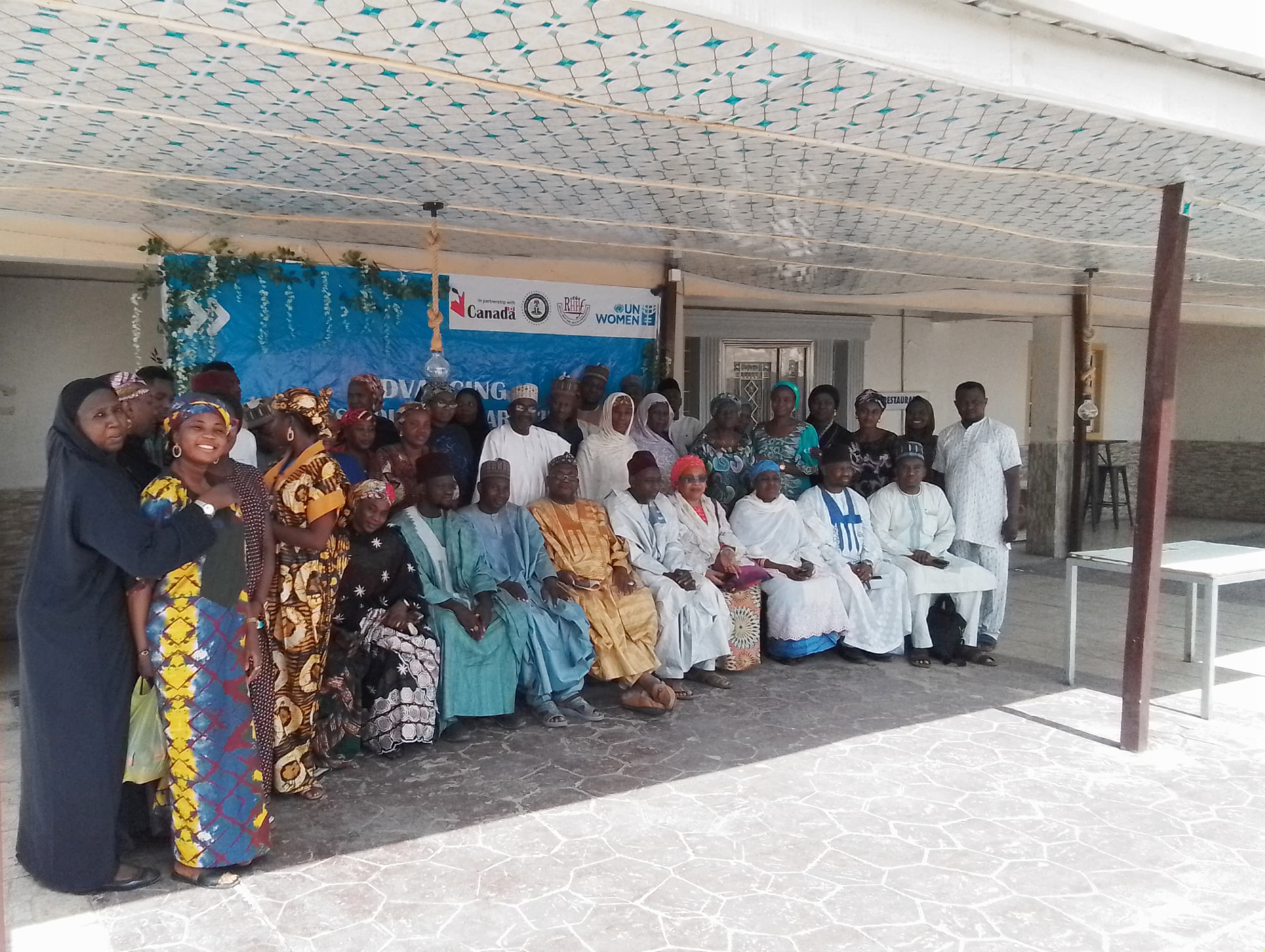BY MUSA IDRIS UMAR, MAY 06, 2025 | 09:32 AM
The Royal Heritage Health Foundation, has implemented the "Advancing Women in Politics" project funded by the government of Canada through UNWomen, have organized a significant high-level state advocacy and town hall meeting focused on gender inclusion and constitutional reform in Borno State.
Held at the Pinnacle Hotel on Monday, the event gathered a diverse group of stakeholders. These included policymakers, government officials, traditional and religious leaders, civil society organizations (CSOs), political actors, women’s rights groups, and advocates for persons with disabilities (PWDs).
Aisha Abubakar, Chairperson of Women Political Participation and host of the event, emphasized the urgency of ensuring women's meaningful participation in politics and governance.
'The purpose of this meeting is to enhance women's participation in politics, particularly as the 2027 general election approaches. We are focused on the gender and equal opportunity bills to increase women's representation in political roles,' she stated.
'This bill aims to establish reserved seats for women, recognizing that certain positions are traditionally held by women and should not be contested by men. This will strengthen our participation without requiring direct competition.'
'Here in Borno State, we are advocating for increased women's involvement in politics as the 2027 elections draw near, especially with political parties offering nomination forms free of charge to women,' she added.
The town hall served as a platform for dialogue on integrating gender priorities into the ongoing constitutional reform process. Participants exchanged ideas and shared experiences, emphasizing the need to translate discussions into concrete actions.
Mrs. Hajiya Falmata Umar Lawan, Director at the Ministry of Women Affairs and Social Development, highlighted the government's efforts. According to her, the government has made significant strides for women.
'We have women serving as permanent secretaries and special advisers, with over 40 appointments by the governor,' she noted. 'Women hold leadership positions as executive directors and executive secretaries. The state is committed to ensuring women's participation in decision-making and politics, encouraging them to vote based on their own choices, not directives.'
A key outcome of the deliberations was the development and signing of a comprehensive memorandum reflecting the perspectives of all stakeholders, particularly women and marginalized groups. This document will be presented to relevant authorities to advocate for gender-inclusive constitutional reforms.
Rev. Abraham Ogah, representing the Christian Association of Nigeria (CAN) Borno State chapter, remarked, 'Our stance on gender is based on capacity and the ability to deliver democratic dividends to the people, regardless of whether they are women or men. We support increased participation for women in politics, and my organization aligns with this position.'

